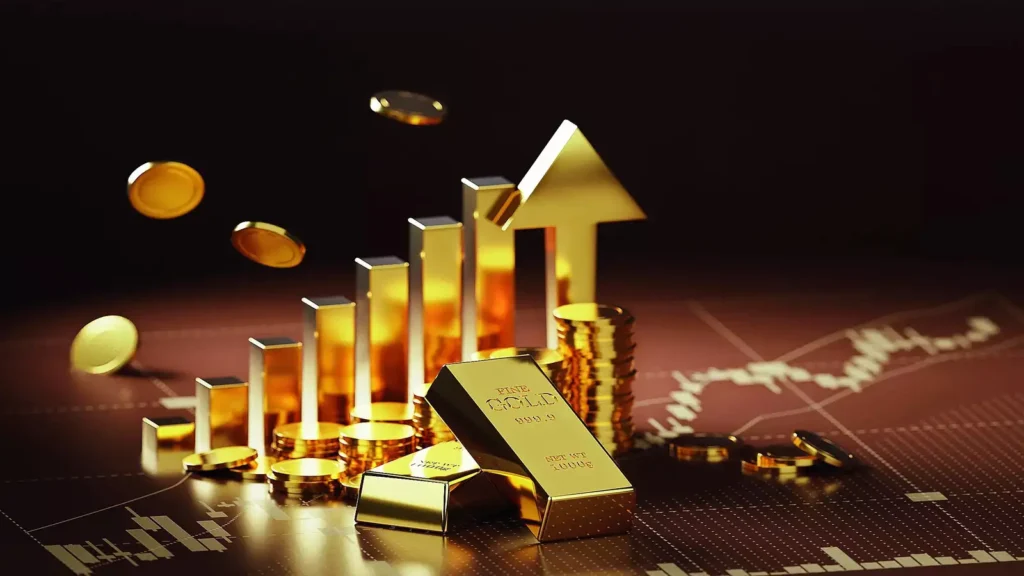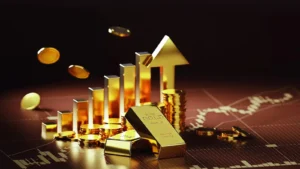
The Brexit move by the United Kingdom was an eye-opener to most European investors including Greek investors. Although the short-term attention focused on Brexit was mainly on political agreements and trade relations, Greek investors have acted on behind-the-scenes shifts in their strategies to deal with the larger transformation in financial markets. Among the fields where this change is the most evident is precious metals trading that has acquired a new meaning and changed the rules since the UK left the EU.
Greek investors are usually keen on daily trends in the global economy because they understand that change in one area will cause a change in others. Even though Brexit only caused uncertainty in the UK, it also affected financial systems in Europe. With the concerns about trade relations, regulation systems and the fluctuation in currency, traders in Greece sought to hedge against such risks by finding safer and more internationally accepted assets. Gold and silver were the most favorable precious metals to be quickly preferred in such an environment.
Precious metals trading was becoming especially attractive because the reliability of conventional financial markets was already becoming shaky. The fact that Brexit caused significant currency fluctuations, especially the ones concerning the British pound and the euro, serves to prove the importance of keeping the asset that is not strongly tied to any single economy. Greek investors were aware of the fact that gold, silver and other metals are an alternative currency where the safety of the currency is not dependent on a specific country and its policy or well-being. This awareness led to metals being used strategically and consciously.
Brexit further changed the interaction of Greek investors with the financial services in the UK. Regulatory divergence and cross-border compliance issues had influence on some of the platforms and institutions where trading was previously common. To react, lots of Greek traders started considering various brokers and platforms on the EU or international level and preferred those that provided easier access to silver and gold markets without the intricacies of Brexit. Such a change has in certain aspects expanded the spectrum of services and utility offers provided to Greek investors, enabling them to design more flexible trading strategies.
The uncertainty Brexit brought to global markets has also impacted precious metals trading. The situation was familiar to Greek investors who knew how to cope with economic uncertainty in their native country and thus turned to metals as a natural response to geopolitical uncertainty. This has remained strong. On the contrary, it has reinforced the role of precious metals as a long-term component of the investment strategy, rather than a temporary security in times of crisis.
Another factor that has been emerging is the improvement of online trading technology during the post-Brexit era. It is an easier and quicker access to global markets on metals through platforms which have eliminated the dependency on a single financial centre. To Greek investors this implies increased freedom and being in a position to react swiftly to any external happenings. They will be able to track the movements of the prices, make trades, and change their exposure seamlessly, and avoid some of the uncertainties Brexit has brought about within the European financial infrastructure.
Trading in precious metals has been no longer a defensive action on part of Greek investors. It has since become a progressive approach that takes a cue on what has been learnt in the course of such regional and global happenings. The post-Brexit climate is rife with uncertainty, but the metals market offers clarity and predictability, in a world where there seems to be nothing that can be regarded as concrete. Greek investors are turning to such an asset type to rediscover a kind of control, preserve the value, and improve their positions in the dynamic economic world.





